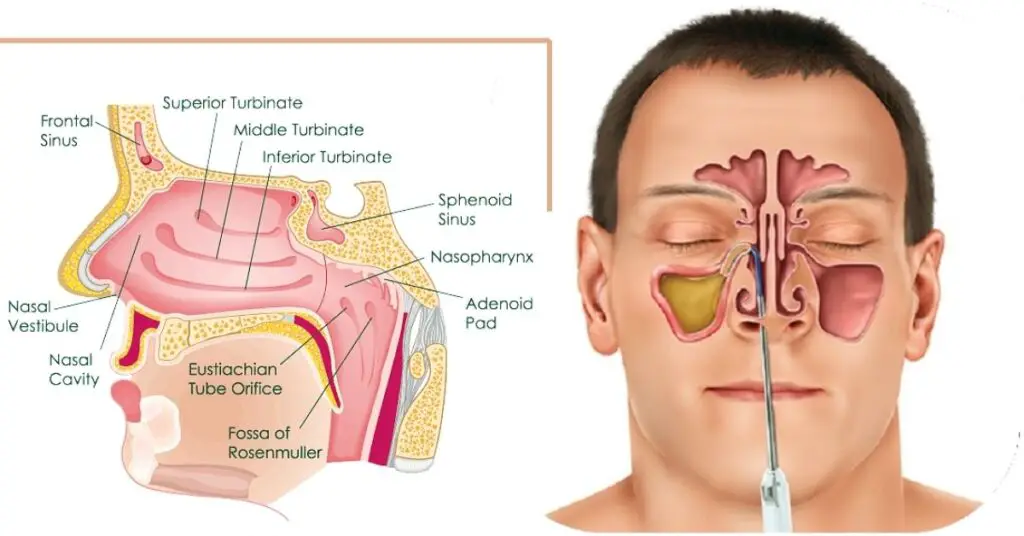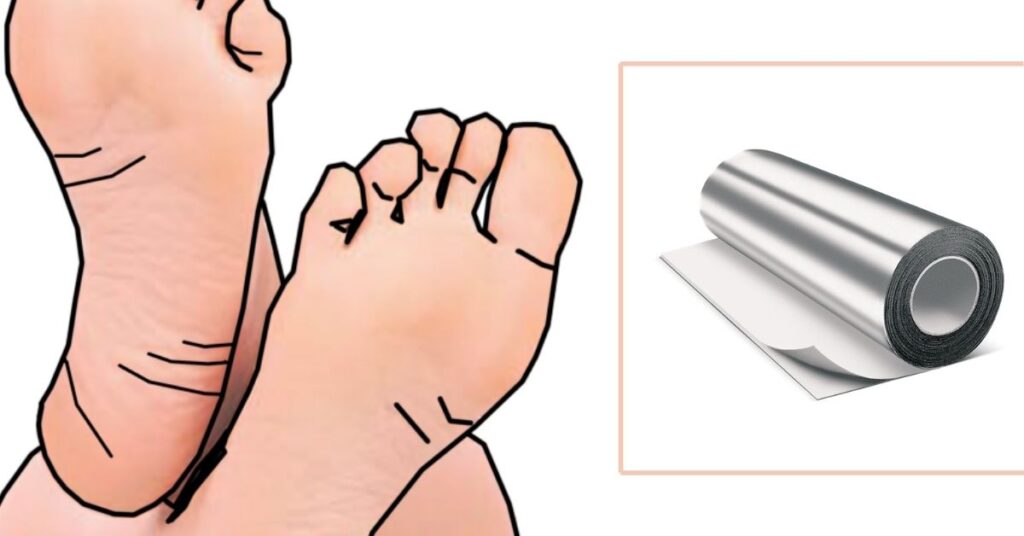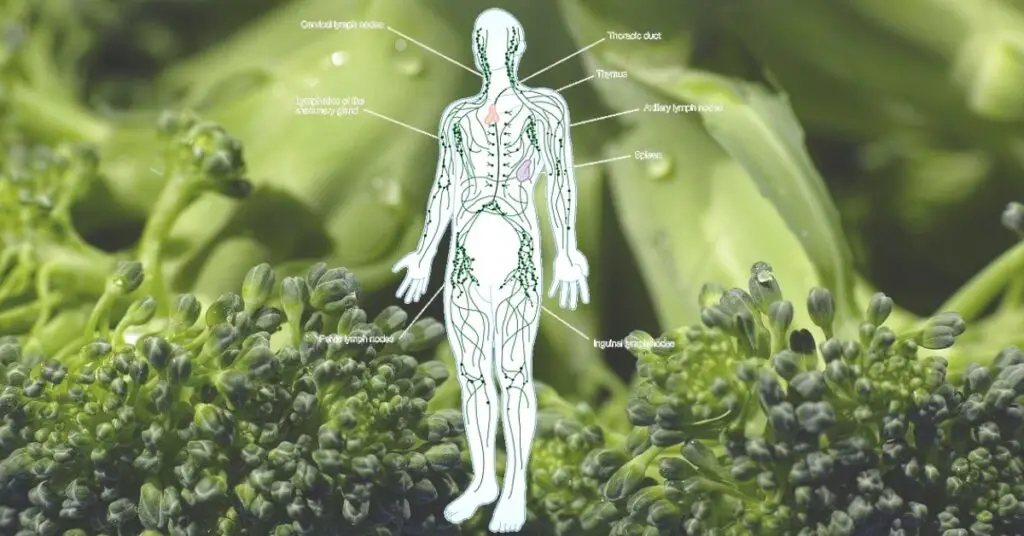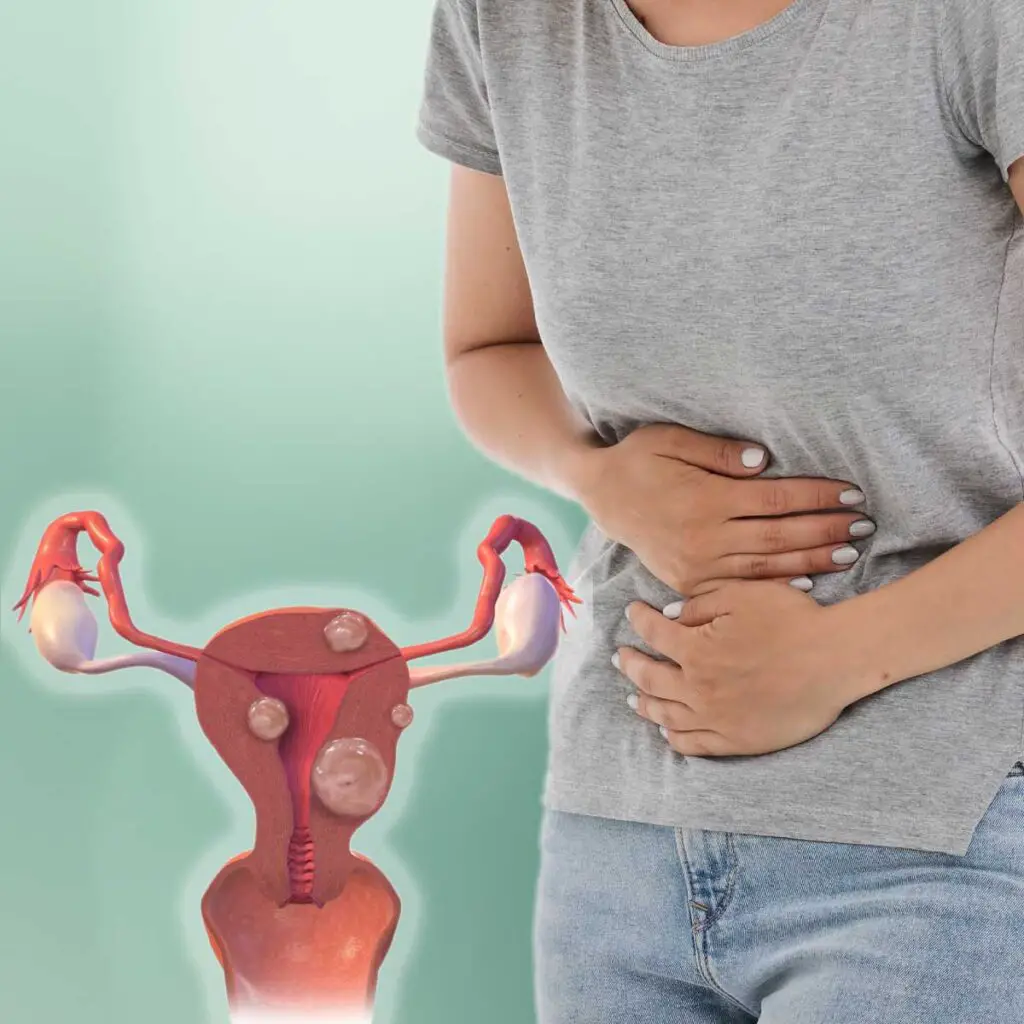In this article, we are going to talk about the most common myths about obesity. The Centers for Disease Control and Prevention in the United States reports that 42% of adults in the USA are overweight. Moreover, the World Health Organization estimates that around 650 million adults worldwide suffer from obesity.
Most people know that obesity can lead to serious health issues. Even though there are public health campaigns, myths about obesity are widespread among people. It is considered that these myths can have a negative impact on people’s mental health. Below you can see the most common myths about obesity and how we busted them.
5 common myths about obesity
Increase physical activity and eat less if you want to prevent obesity
Consuming more calories than the body requires can lead to obesity. It is considered that increased physical activity and low intake of calories can reduce obesity.
However, even though physical activity and diet play a major role, there are also other factors, including psychological stress, insufficient sleep, use of medications, chronic pain, and hormonal imbalance, that can contribute to obesity.
Moreover, a combination of these factors can increase the risk of obesity. For instance, chronic stress can lead to obesity. It can also affect sleep quality and cause sleep deprivation, another factor that can contribute to obesity.
People who are overweight or obese usually suffer from sleep apnea. As they gain weight, their condition may worsen and lead to sleep deprivation. It can additionally lead to weight gain.
Obesity causes diabetes
Obesity is not a direct cause of diabetes. People with obesity are likely to develop type 2 diabetes, but that is not the case with all people. It may also lead to gestational diabetes. This type usually occurs during pregnancy, but it’s not related to type 2 diabetes.
Overweight and obese people are lazy
Decreased physical activity can lead to obesity. A 2011-study measured the physical activity of 2,832 adults at the age of 20 – 79 with accelerometers for 4 days. As their weight increased, their step counts were reduced.
Here is a list of women‘s weights and the number of steps they took a day:
- Women who follow a healthy diet – 8.819 steps
- Overweight women – 8.506 steps
- Women suffering from obesity – 7.546 steps
Taking into consideration the fact that not all people can perform physical activity is also important. This means that people with physical disabilities may not be able to move or perform activities.
Moreover, some mental health issues can affect motivation, which means that depression and obesity are closely related.
Obesity is a genetic trait
Even though obesity and genetics are complex to understand, it is not clear whether a person will have obesity if some of their relatives are overweight or obese. However, the risk of having obesity is higher.
It is considered that people who live together have the same lifestyle and dietary habits. A 1986-twin study found out that the weights of the adopted twins related to those of the biological parents, not with the weights of the adoptive parents.
Studies show that genetics is closely related to obesity. Scientists have tried to discover the genes that affect obesity. They found out 50 genes related to obesity, but they can hardly influence the chance of obesity. A gene that is related to obesity is FTO, a variant of a gene that is related to an increased chance of obesity by 20% – 30%.
Obesity does not harm our health
There are several health conditions related to obesity. For example, obesity can lead to high blood pressure, diabetes, osteoarthritis, cardiovascular diseases, sleep apnea, and other mental health issues.
If you lose weight, you should be able to improve your health. Moreover, weight loss of 5% – 10% of total body weight can lead to numerous health benefits, including improved blood pressure and blood cholesterol.
Also, weight loss can reduce the risk of premature mortality in people with obesity.








